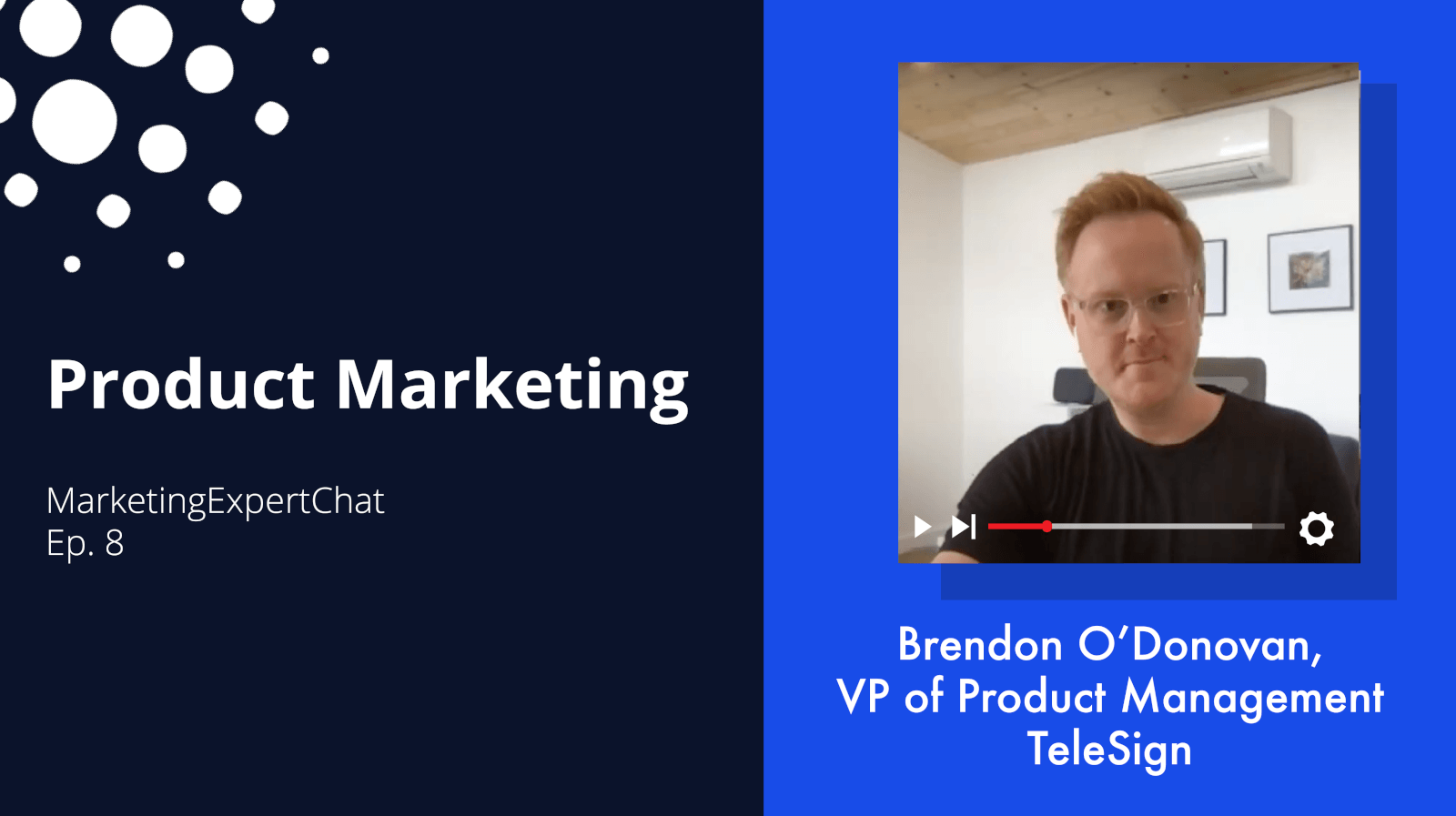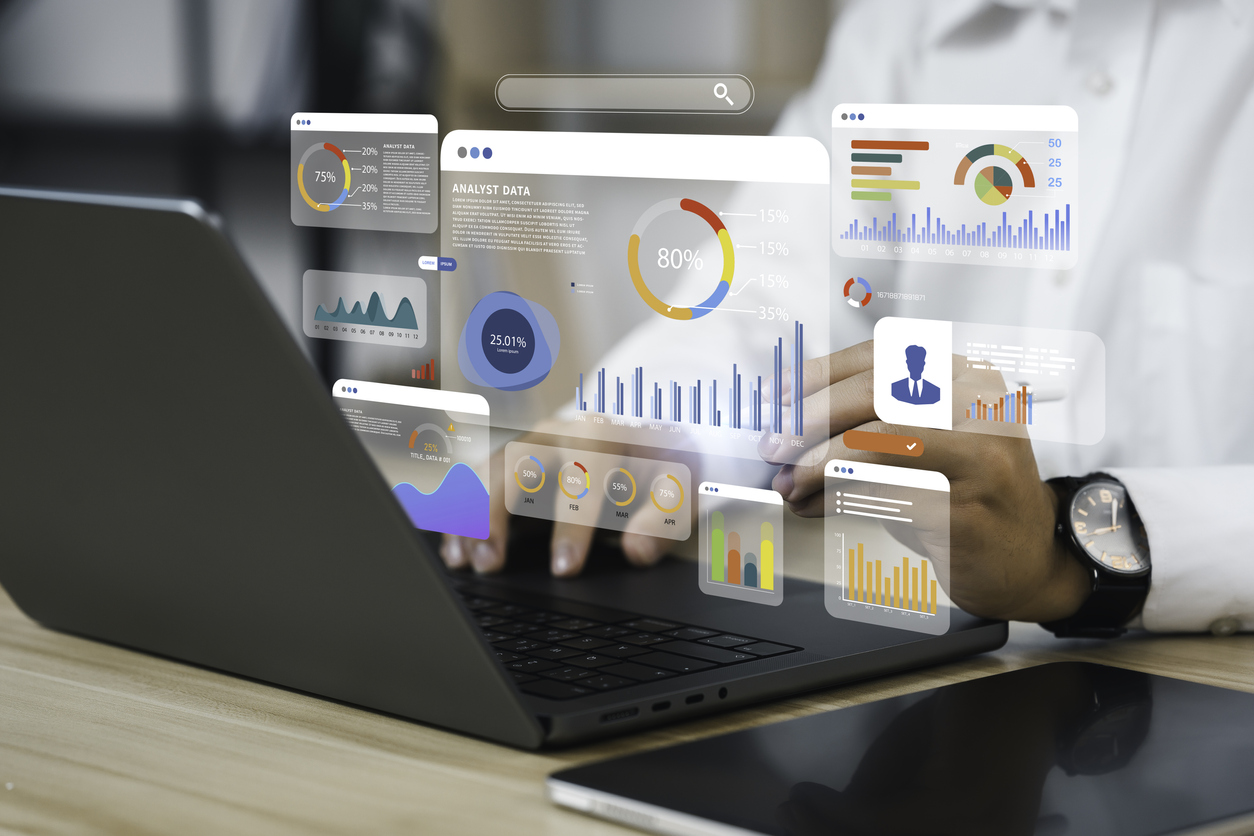Do you receive promotional emails from your favorite store? Or maybe a newsletter from a trusted publication? It’s all in the name of email marketing!
The first email was sent in the 1970s, and the channel has come a long way since, especially in the marketing realm. Email marketing is a way to connect with and nurture all types of prospects and customers in a personalized way with the click of a button. It’s such an integral part of reaching an audience, so it’s no surprise that most companies, regardless of size, make use of email marketing in some capacity.
The problem? The manual effort that goes into sending emails is extremely time-consuming. Segmenting audiences and sending emails manually can be a full-time effort.
That’s where marketing automation enters the picture. By incorporating email marketing into your marketing automation strategy, you can drive engagement with the right people at the right time and move leads seamlessly through the funnel, all without having to lift a finger (almost).
Proven Tips for Faster Growth
1-Minute Tips from B2B Experts Delivered Straight to Your Inbox
What is Email Marketing Automation?
Email automation is a process that leverages automation software to deliver targeted emails at strategic moments. It is particularly valuable for B2B marketers because it enables personalized lead nurture without creating an unsustainable workload.
Imagine a buyer downloading your eBook: they share their email details and receive a download link. But with email automation, you can create a pre-established email sequence that uses these details to send follow-up messages over the following days and weeks - helping to turn a single transaction into a lasting engagement.
How Does Email Automation Work?
Most marketers leverage specific software to automate email sequences, with popular platforms including HubSpot Marketing Hub. But the process is not as simple as purchasing software; several important steps are required to develop an effective automation strategy, including:
- Audience Segmentation: Email automation is all about targeting the right audience with the right message. The process, therefore, begins with careful “list building” to segment audiences into strategic groups based on factors such as demographic data, persona groupings, or their stage in the buying process.
- Content Creation: Emails must then be written, designed and built within your chosen software to be sent to the right audience. This is often the most labor-intensive step, as an effective automation strategy requires many distinct messages tailored to different audiences.
- Rule Creation: The final step is to create and deploy your automation sequences. The specifics of this will vary depending on the platform you use, but most are built around “rules” that determine which emails are sent to which audience and when. Ultimately, specific events or criteria will “trigger” an email sequence; these “events” can be specific actions on the buyer’s part or simply based on a lead scoring threshold.

3 Benefits of Automated Email Marketing
There are several benefits to interweaving your marketing automation strategy with your email marketing:
1. Improve Messaging Accuracy
One of the best ways to make the most of email marketing automation is by using an audience segmentation feature in your automation tech stack.
You can segment by location, company, job title, industry, engagement, etc. -- the possibilities are endless. You can also use this for account-based marketing so you can target certain accounts and not others. With a clean and strategically segmented audience, you can implement campaigns with messaging tailored to each person’s stage of the buyer’s journey. This personalization helps ensure that warm leads move through the funnel and that the sales team gets the leads that are most engaged and ready to talk.
When you create an email marketing strategy that utilizes automation, you’re making things personal for your audience and establishing strong connections, all without having to manually parse through all your contacts.
2. Automate Right, Communicate Right
Marketing automation can do even more to keep leads warm over email through automated workflows and triggers. With these, certain actions that a prospect takes can trigger certain emails to be sent. For example, if a new prospect signs up for a webinar, your automation software can automatically send an email a few weeks later with downloadable content relevant to the webinar they attended and their pain points.
A drip campaign is another way to use automation to enhance communication. These campaigns allow you to send messages to prospects over time automatically, so they’re constantly being nurtured and given attention. Drip campaigns are best used when you segment your audience – all the features of your marketing automation strategy can work in harmony to make your email marketing do the work for you.
3. Increase Efficiency
Gone are the days of having to manually mail merge, segment audiences, and click the send button. When you incorporate email marketing into your marketing automation strategy, you can set up emails and forget them. Create a drip campaign, develop a workflow, and then let it do all the work for you. You get to nurture the right leads easily and automatically! That means your team gets back the time to focus on higher-reward opportunities, and revenue marketing gets a productivity boost.
The right automation software will also offer tracking, analytics, and reporting so you can see what's working and what isn't. Who’s opening your emails? What’s the click-through rate (CTR)? Which subject lines and CTAs get the most traction? Automation can answer all these questions and more, empowering you to optimize campaigns in real time.
3 Common Email Marketing Challenges for B2B Marketers
Despite the benefits of email automation, many marketers struggle to maximize their ROI due to:
1. Budget Management
Email is one of the most cost-effective B2B marketing channels, but there is still a danger of overspending through mindless automation. For example, HubSpot may increase your subscription tier if contacts are not properly managed.
2. Funnel Visibility
B2B businesses can significantly improve their lead nurture programs by filling gaps in their marketing funnel with automated email sequences. However, many marketers struggle to identify these gaps because they don’t have full-funnel visibility and, therefore, miss key opportunities to deliver impactful content.
3. Software Management
Effective automation requires extensive knowledge of your email automation platform, but many businesses lack in-house expertise - and, therefore, may not leverage all possible features. From design elements and templates to stronger targeting, the right email marketing partner will dramatically improve your results and ROI - which is why so many companies rely on ProperExpression
Get a Free Email Marketing Consultation with ProperExpression
ProperExpression is a full-stack B2B marketing agency with expertise in email automation. As Platinum HubSpot Partners, we help companies from a wide range of industries plan, execute, monitor and optimize email automation programs that deliver exceptional ROI - with very little effort.
Want three free recommendations to improve your email marketing program?






